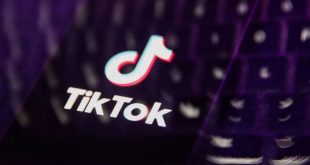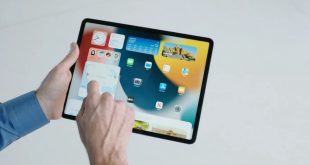Yesterday, NVIDIA announced that they will no longer be using Icera as apart of their operations in the second quarter of fiscal 2016. This was due in part to NVIDIA not performing well against Qualcomm, MediaTek and Intel in the mobile-device market.
So where did NVIDIA go wrong?
Flashback to 2011, where NVIDIA bought Icera for $376 million. NVIDIA’s goal was to utilize Icera for the smart-phone market, especially for it’s 3G and LTE connectivity. This gave them the edge over Qualcomm for a few reasons. One of them was that Icera possessed a flexible software-based modem. The modem could quickly be updated to support new connectivity technologies. However, and as NVIDIA found out the hard way, they weren’t able to adopt the Tegra 4i SoC with the integrated Icera i500 base-band. As a result, this led to the Tegra chips relying on external modems from other manufacturers (including Qualcomm).
NVIDIA has now shifted it’s attention to what it does best: graphic processors and super-computing. Currently, they’re working on building two super-computers using their NVLink GPU speed interconnect technology, something that they claim will change the world (they’re also competing with IBM). It will be interesting to see if NVIDIA’s claim will come true.
What has become of their Tegra chips? Now, NVIDIA is putting them into cars and headsets. This new focus has benefited them greatly as it has reduced their need for the internal modem business.
It’s a shame that NVIDIA lost the smart-phone market. There’s still room for them to compete. After all, Acer is trying to join that fight (and even that’s an unfamiliar market for them).
Tomorrow, at 2 PM PT (5 PM ET), NVIDIA will share it’s details about the future of Icera and it’s 500 employees. They were open to selling the company, but their chances of earning back that $376 million are slim at most.
 Tech Gadget Central Latest Tech News and Reviews
Tech Gadget Central Latest Tech News and Reviews




